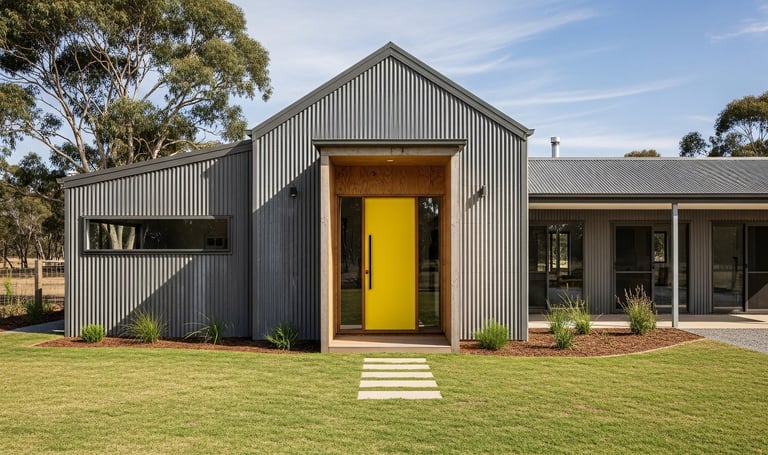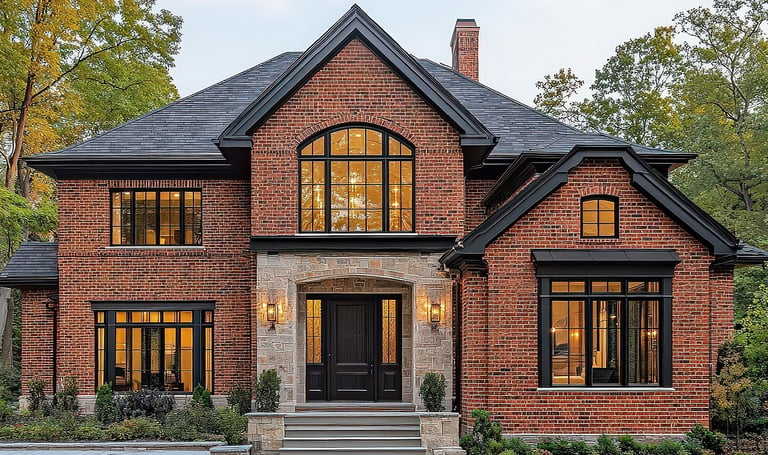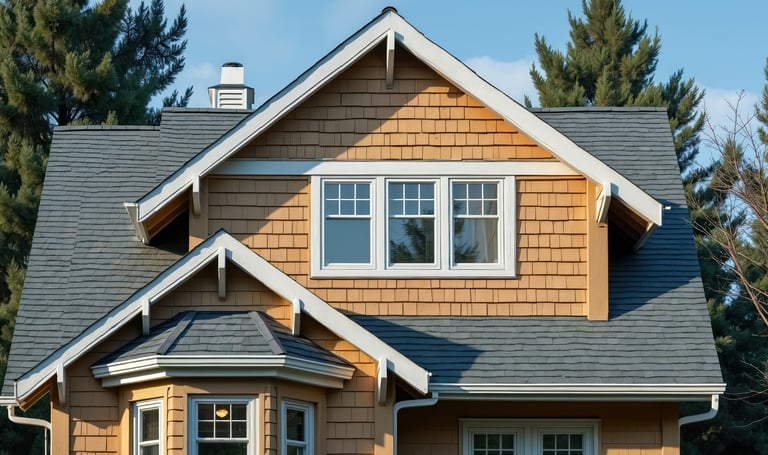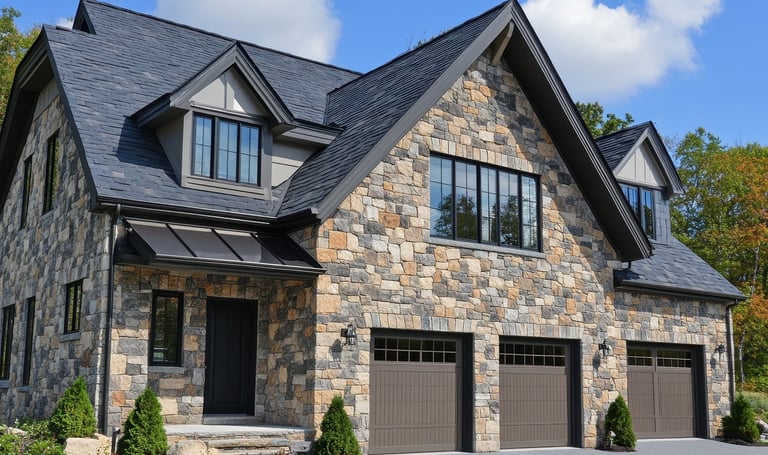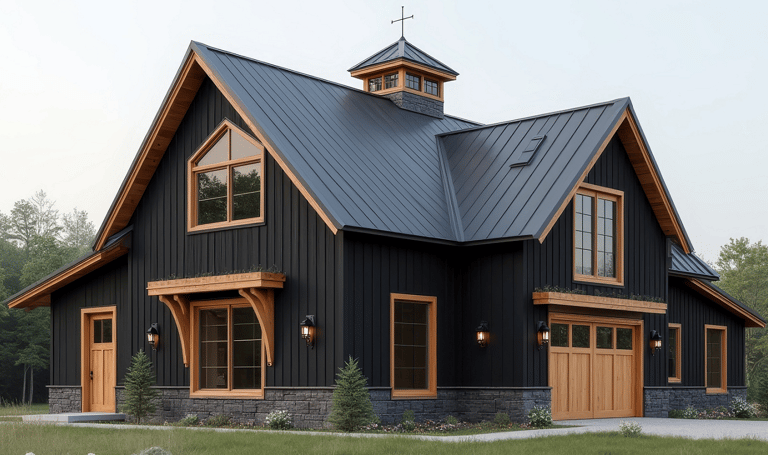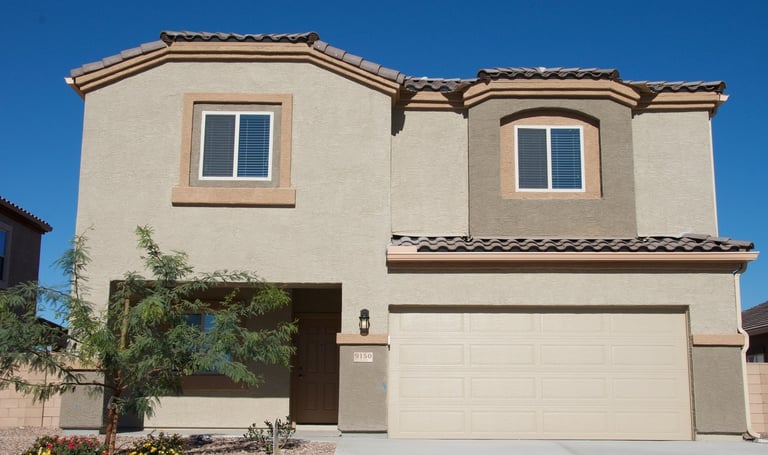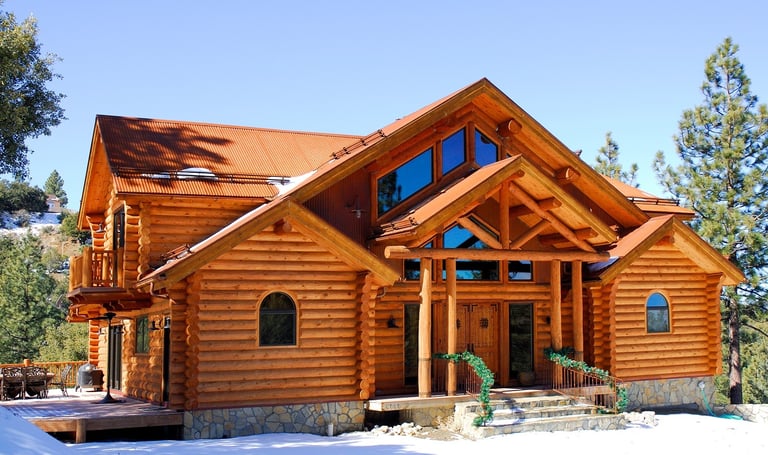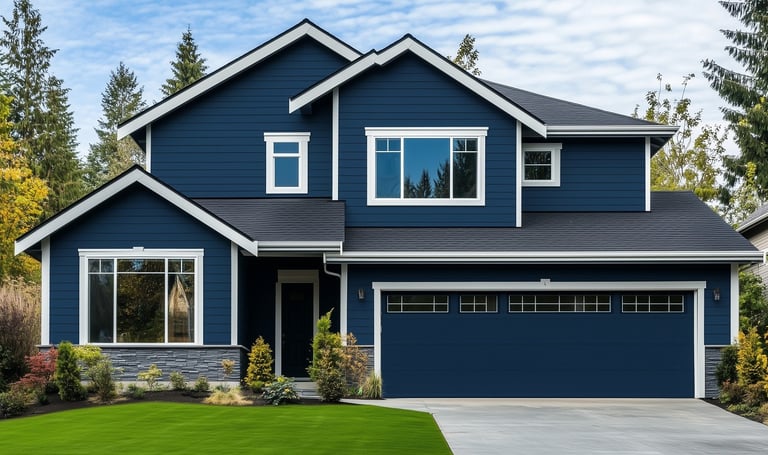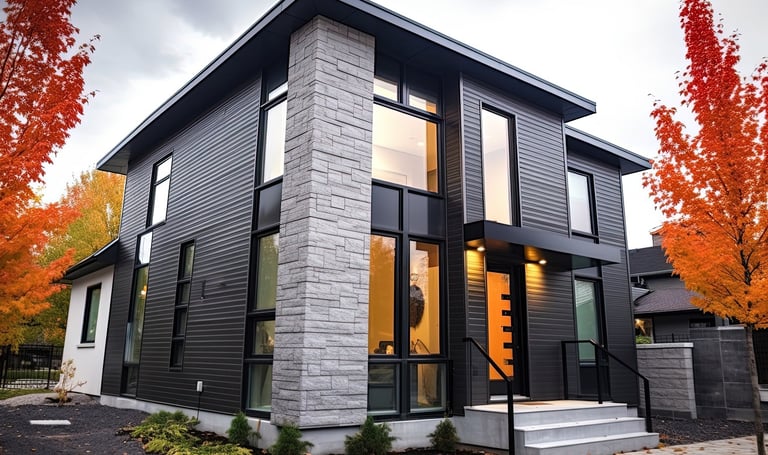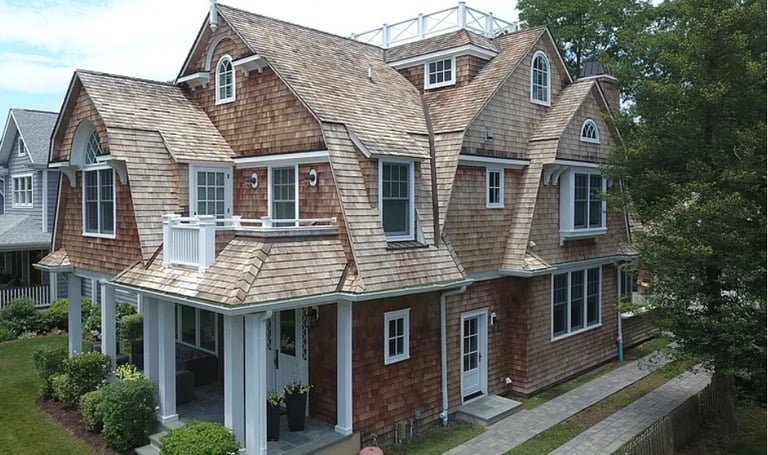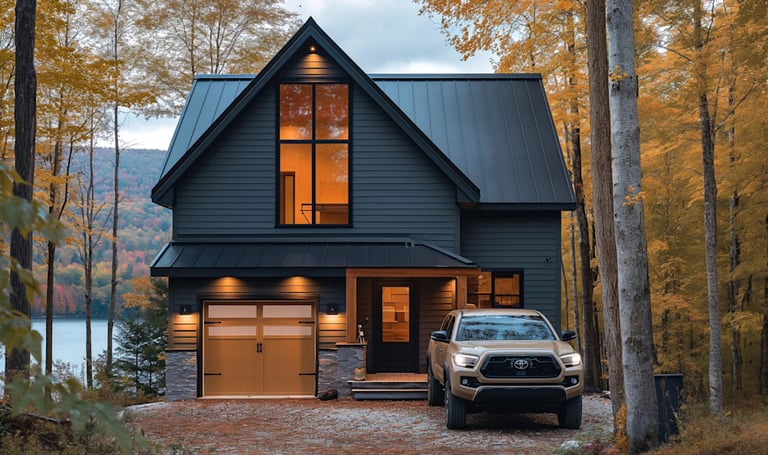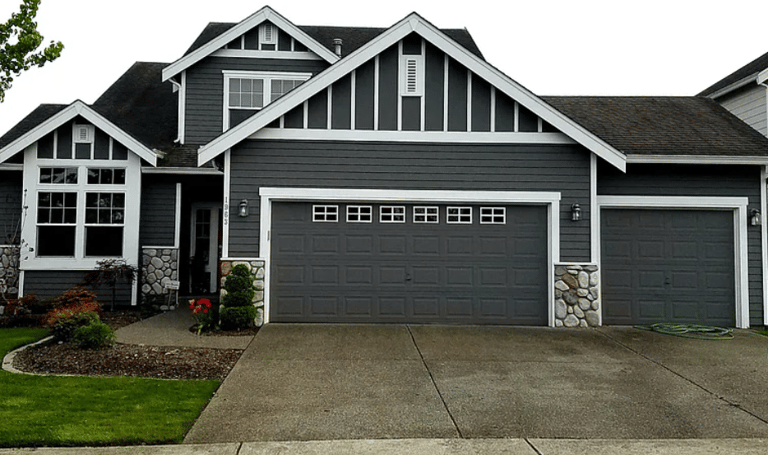
Siding
At Adviser1, we recognize that your home is more than just a building—it's your most significant investment. That's why our mission is to connect home and business owners with expert siding contractors who specialize in enhancing and protecting your property's value and beauty.
Why Choose Our Referred Contractors?
Our network of siding contractors is carefully selected for their expertise and commitment to quality. With years of experience in the industry, they are well-equipped to handle a variety of siding materials and installation techniques, ensuring your home is both functional and aesthetically pleasing.
Siding is more than just a decorative feature; it serves as a critical protective barrier against the elements. Whether you're looking to upgrade your existing siding or need new installation, our referred contractors provide solutions that enhance curb appeal while offering long-lasting protection.
Every home is unique, and so are the needs of its owners. Our siding contractors work closely with you to understand your preferences and requirements, offering customized solutions that align with your vision and budget.
We take pride in our reputation for connecting clients with reliable and skilled siding contractors. Our referrals are based on thorough vetting and positive feedback from previous customers, ensuring you receive top-notch service every time.
Finding the right siding contractor can be overwhelming, but with Adviser1, it's a stress-free experience. We handle the details, so you can focus on what matters most—enjoying your beautiful, well-protected home.
Why Choose Adviser1?
Here are 13 of the most popular materials to consider for your home's exterior siding
Stone Veneer
Enhance and protect your investment with the help of our trusted siding contractors. Contact Adviser1 today to learn more about our referral services and how we can assist you in finding the perfect match for your home or business siding needs.
Get Started Today
Stucco
Cedar Shingle
Brick
Seemless Steel
Board & Batten
Corrugated Metal
Vinyl
Wood Clapboard
Log
(Learn More Here)
At Adviser1 we recommend LP SmartSide
